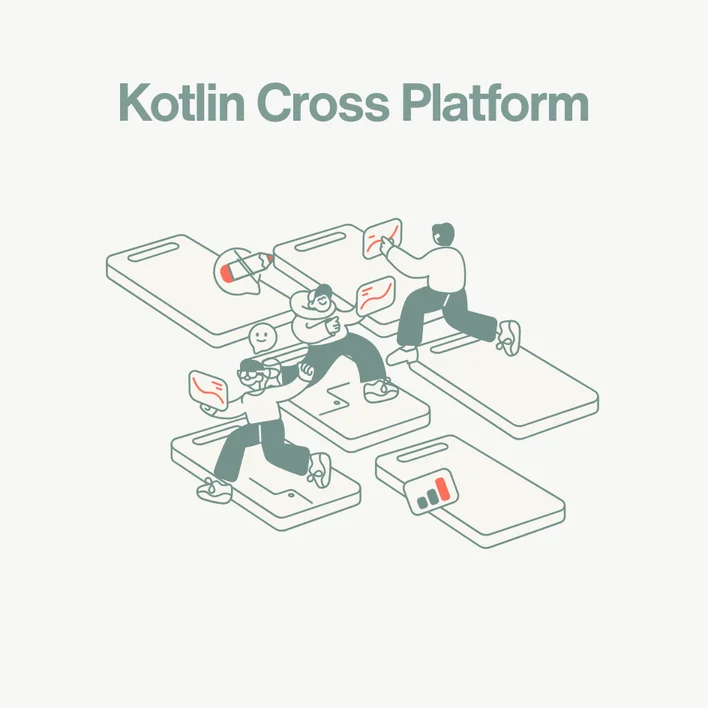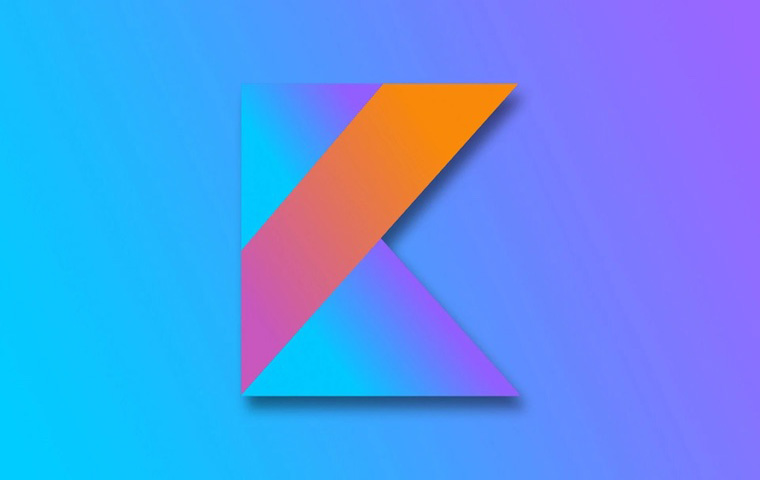The New Era of AI in 2025: From Gemini 3 to Creative AIs
Learn about the best AI tools for 2025, including Nano...
We use cookies for our website to give you the most relevant experience by remembering your preferences. By clicking “accept”, you consent to use of ALL the cookies
This website uses cookies to improve your experience while you navigate through the website. Out of these, the cookies that are categorized as necessary are stored on your browser as they are essential for the working of basic functionalities of the website. We also use third-party cookies that help us analyze and understand how you use this website. These cookies will be stored in your browser only with your consent. You also have the option to opt-out of these cookies. But opting out of some of these cookies may affect your browsing experience.
Necessary cookies are absolutely essential for the website to function properly. These cookies ensure basic functionalities and security features of the website, anonymously.
| Cookie | Duration | Description |
|---|---|---|
| cookielawinfo-checkbox-functional | 11 months | This cookie is set by GDPR Cookie Consent plugin. The cookie is used to store the user consent for the cookies in the category “Analytics”. |
| cookielawinfo-checkbox-functional | 11 months | The cookie is set by GDPR cookie consent to record the user consent for the cookies in the category “Functional”. |
| cookielawinfo-checkbox-necessary | 11 months | This cookie is set by GDPR Cookie Consent plugin. The cookies is used to store the user consent for the cookies in the category “Necessary”. |
| cookielawinfo-checkbox-others | 11 months | This cookie is set by GDPR Cookie Consent plugin. The cookie is used to store the user consent for the cookies in the category “Other. |
| cookielawinfo-checkbox-performance | 11 months | This cookie is set by GDPR Cookie Consent plugin. The cookie is used to store the user consent for the cookies in the category “Performance”. |
| viewed_cookie_policy | 11 months | The cookie is set by the GDPR Cookie Consent plugin and is used to store whether or not user has consented to the use of cookies. It does not store any personal data. |
Functional cookies help to perform certain functionalities like sharing the content of the website on social media platforms, collect feedbacks, and other third-party features.
Performance cookies are used to understand and analyze the key performance indexes of the website which helps in delivering a better user experience for the visitors.
Analytical cookies are used to understand how visitors interact with the website. These cookies help provide information on metrics the number of visitors, bounce rate, traffic source, etc.
Advertisement cookies are used to provide visitors with relevant ads and marketing campaigns. These cookies track visitors across websites and collect information to provide customized ads.
Other uncategorized cookies are those that are being analyzed and have not been classified into a category as yet.
Cyberia Tech, Inc. respects your privacy. This Privacy Policy explains how we collect, use, and share your information. By using our services, you agree to this policy. If any other agreements conflict with this Privacy Policy, the terms of those agreements prevail.
Cyberia Tech complies with the EU-US and Swiss-US Privacy Shield Frameworks for handling personal data from the EEA, UK, and Switzerland. In case of any conflict, the Privacy Shield Principles prevail. Learn more at Privacy Shield. Key Definitions
Information linked to an individual, transferred from the EEA, UK, or Switzerland to the U.S.
Data revealing race, religion, health, sexual orientation, and similar categories.
Effective Date: [ 2026 / 01 / 22 ]
Welcome to The Cyberia Tech ! By accessing or using our website or services, you agree to
comply with and be bound by these Terms of Use and our Privacy Policy. If you do not agree with
these terms, please do not use our Services.
Loading
0 %

If you’re an experienced programmer, you know that cross platform programming languages are gaining popularity. All of these options are designed to provide you as much flexibility as possible when developing an app for either Android or iOS.
The point of using a cross platform development languages is to create an app with a single source code. Learn here why some languages, like Kotlin cross platform mobile, are your best bet for developing a mobile app that will run on several platforms.
You have a clear picture of their advantages and disadvantages, as well as their usefulness in development.
Table of Contents
With some digging, we can figure out why this language is recommended for use in creating Android apps and other mobile software. There are good arguments for why Kotlin is more popular among developers than other languages like classic Java. Kotlin’s accessibility and productive tooling are largely responsible for its widespread adoption.

To begin, the Java Virtual Machine is the optimal platform for running Kotlin. Android Studio is a dedicated integrated development environment for creating Android apps. It’s useful in backend web development since, thanks to the latest capabilities, programmers may rapidly scale and construct the project.
Kotlin has the ability to construct the front end with the help of Kotlin/JS. Kotlin is also ideally suited for data science, with tools like Jupyter as a Notebook interface, Zeppelin for interactive data analytics, and Data Visualization for telling stories with data by highlighting relationships and trends.
What if android is like the earth, Kotlin cross platform mobile is like Jupiter for this operating system, it will protect and save Android happily ever after for so long. The nicest thing is that it helps keep the coding organized and clean. This is the generic code that every program needs. Problems like late startup will vanish if you switch to Kotlin.
Additional Leading Cross Platform Languages for Mobile App Development. There are alternatives to Kotlin that can be used to create mobile apps. The objective of cross platform development is to create an app with executable scripts that can run on multiple systems while keeping the core features largely same.
We employ cross platform development due to its many advantages, including:
Let’s have a peek and see what other choices we have for cross platform programming languages.
One of the most popular languages used for both server-side and client-side development. Frameworks like jQuery, Angular, Vue, Svelte, and React.js contribute to its rise to prominence.
Since it’s a comprehensive stack, it also includes user interface elements that may be used in native iOS and Android apps. For what purpose? It will aid in the development of Agile and the return to the use of native features and codes, all while lowering expenses.

2. Dart
You may already be comfortable with this language if you’ve worked with the Flutter framework. This freshly minted, niche language will make it much simpler to write codes that result in fully functional apps. The development problems can be solved using the C-style syntax, and it compiles just fine with JavaScript. Dart can be used for server-side and client-side cross platform app development.
3. Swift
This uniquely created cross platform language in iOS. The chosen language rather than objective C, in the case of efficiency the modern features and interactive syntax along with safety and security have made great progress for iOS developers.
4.Haxe
You may not know about it but it is one of the high-level cross platform programming languages. Some applications like Disney and BBC have made their applications based on Haxe. It is used in industry, gaming, and educational matters. Owing to its flexibility you can cover all the platforms at the same time, from mobile, desktop, and web platforms. Moreover, the remarkable thing is supporting HTML5.
5. C#
The object-oriented programming language that is specifically used in professional programming. A dynamic language for gaming, especially when it combines with Unity Engine. It is a language with faster development time, low learning Curve, expected high scalability, and massive community support.

You now have enough information to decide which of the many available programming languages is best suited to your project. Make a smart decision and seize the market. Consider Cross Platform programming languages as a salad bowl that each language has its own identity to give you remarkable options.
Which language is best for cross-platform development?
Developers use HTML, JavaScript, and CSS, which are not native to devices or operating systems, to write code for software that works on more than one platform.
NET, since C# is so closely linked to it.With the purchase of Xamarin and its native Mono Runtime in 2016,.NET and C# got their first cross-platform features. C# apps can be written once and then run on any device, such as Web apps, Windows, macOS, Linux, Android, and iOS.
You can build your first mobile app by choosing the right cross platform programming languages. The point is to think about which one is more dynamic and flexible. The more complex, the better cross platform development languages are needed.
If your plan is to focus on android app development, Kotlin cross platform mobile is the right answer for you. But if you like to cover both sides so, make a different decision.
So, navigate carefully and ask expert developers to give you the best options. What better than a software application company? The right business strategy will guarantee your place in mobile app development.
You Can Get More Information!
